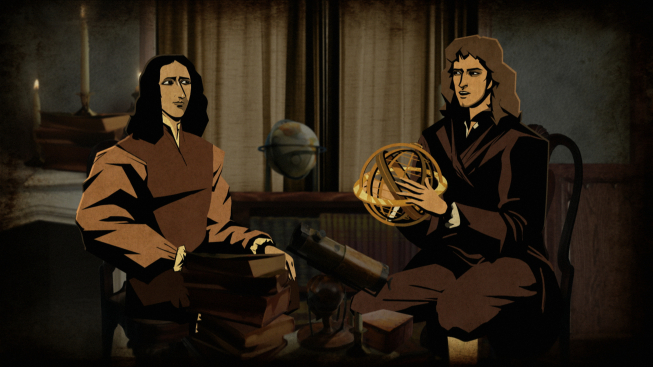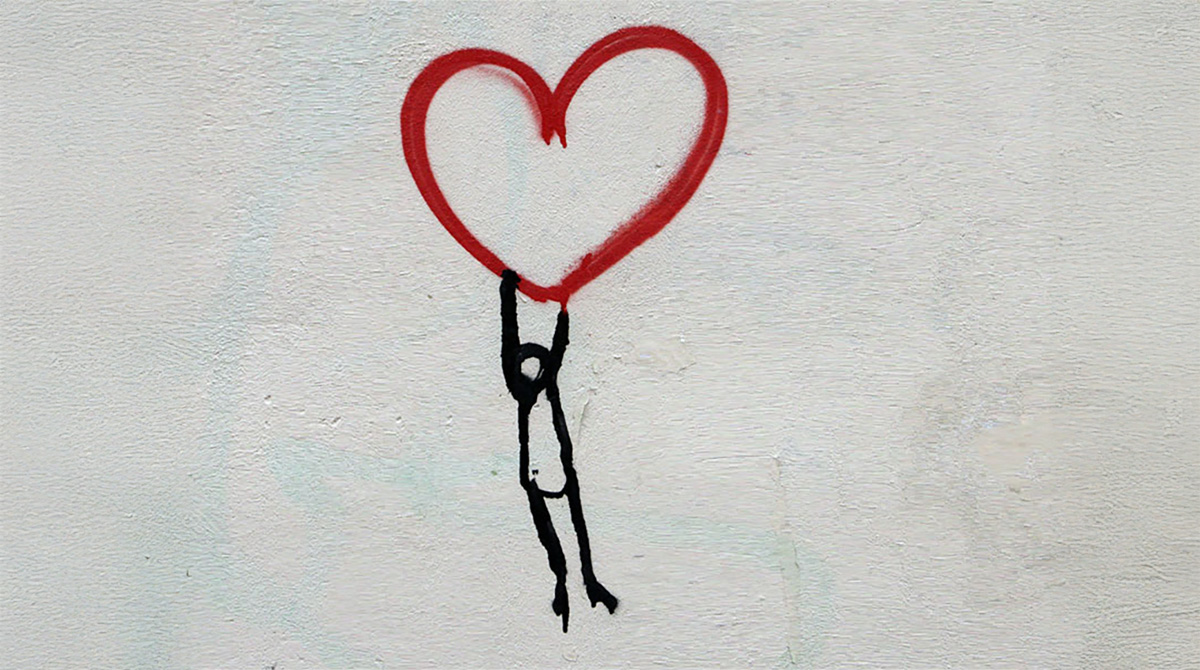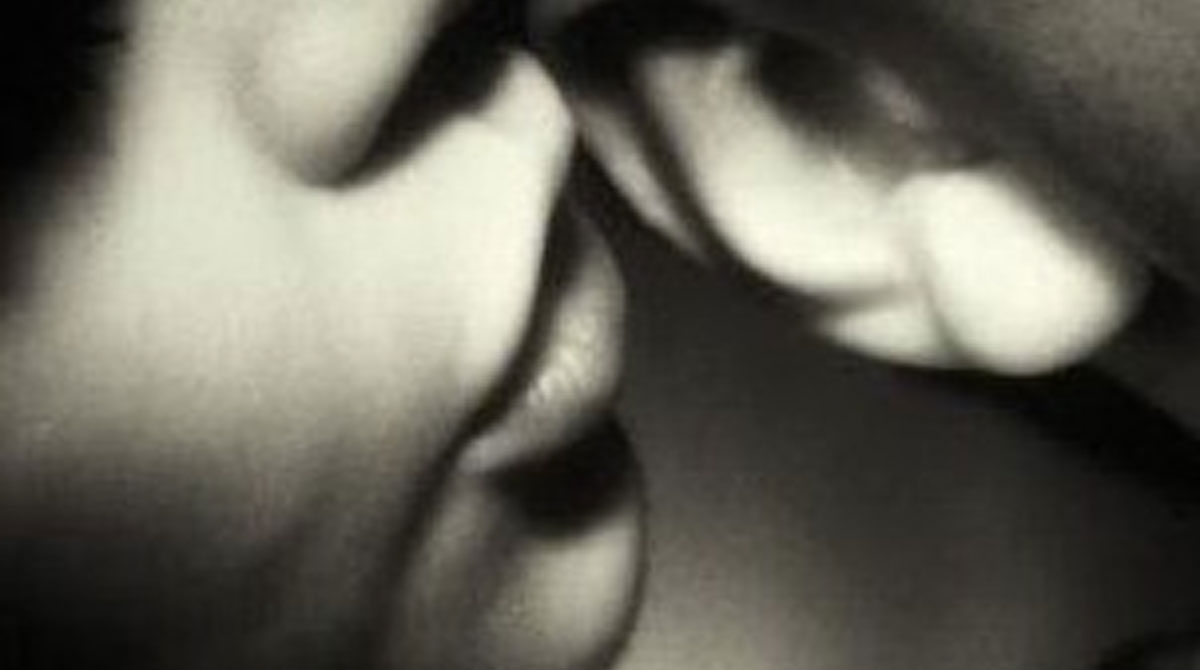Beneath a Blanket of Stars: Cosmos: A Space Time Odyssey: Episode 3
It was inevitable I guess. Not content to simply delete several seconds about evolution in the first episode and impossible to ignore evolution in the second, creationists now demand equal time for their arguments. Balance they call it. And how did the makers of Cosmos: A Spacetime Odyssey respond? They way everyone should respond to the ridiculous and the inane, they ignored it.
Instead they decided to tell an amazing story. And it has comets.
The first episode of Cosmos was a grand introduction and the second a sweeping poetic vision. The third episode: When Knowledge Conquered Fear was a settling in. And they settle in to tell the story of a simple friendship. Albeit a friendship that had broad implications on how we understand the world, but a simple friendship nonetheless.
The episode starts off with a baby in a basket looking up at the nighttime sky. The metaphor is a simple one. We are still children, infants; still new in our knowledge of the Universe and our place in it. We use our imagination to put the world together in patterns and shapes, into and orderly thing recognizable and safe; when something out of the ordinary come along it is usually seen and something to be afraid of.
Using comets as an example, Neil deGrasse Tyson explains the human propensity for superstition. Seen as omens and portents of doom or death, comets throughout the centuries and across many cultures tended to be the one of the most obvious out of place objects in the sky; and as such to be feared. That is until people like Edmund Halley and Isaac Newton came along and decided to look past the fear and figure out what was really going on. The friendship of these two men and the discoveries and the implications of that friendship take up the bulk of the episode. But there is another brief biography talked about as well, and one that has let to one of the more poignant things said in the series so far.
Jan Oort was a Dutch astronomer hypothesized the existence of the cloud of ice and rock that rings our solar system. The cloud that bears his name, the Oort Cloud, not to mention a whole host of other achievements including the distance we are from the center of the galaxy. In describing Oort to us and his life and importance Neil deGrasse Tyson makes an offhand comment, one that has stuck with me. Many of us know the name of mass murderers, he says, but do not know the name of Jan Oort. What does that say about us? I’m still struggling to find an answer to that.
And what are the implications of coincidence? What if two people had never met or decided to go in different directions? How would the world be different? In the case of Halley and Newton the answer has huge implications indeed.
Now I’ll confess. I’m what you might call, well…obsessive. When I like a band, for instance, I want to know everything about it. The members of the band, where they are from and their influences and how it impacts the music I enjoy. I like to know the human drama that fuels the creativity. It’s the same with authors and artists and film directors and yes, scientists as well. So, this episode of Cosmos was particularly riveting for me.
Halley and Newton; a friendship that changed the world. Hyperbolic you say? It’s actually not. I won’t go into the whole story here, (watch the episode for that) but the story of the reclusive, genius alchemist who was prodded along by the kindly mentor (also a genius) to create one of the greatest woks of scientific inquiry, one that led directly to our exploration of space is simply beautiful. This is Cosmos at its best. The human drama combined with the sprawling poetry of creation. The series has now, in my mind, hit its stride. If it continues along in this direction it promises to be not only immensely entertaining but a modern classic.
One last thing about Halley, his comet of course; the one named for him. I was around in 1985 when it came by the last time. It’s kind of a personal goal that I’ll be around the next time it comes by too. I look forward to seeing it again. I’ll be in my nineties then and I don’t know where I’ll be, but I do know where the comet will be; because a man many years ago used reason to figure out the workings of the Universe. He did not depend on faith or superstition. He did not guess, he decided to know. And so now I know. I will see that comet again and when I do it will be with all the wonder and none of the fear.












Likhon chowdhury says:
Conor says:
Andy Garcia says: